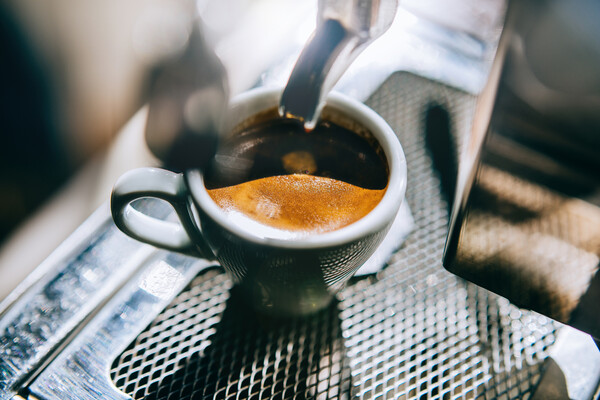Certain foods should not be consumed during chemotherapy for lymphoma, a type of blood cancer with 90 subtypes.
"Alcohol and tobacco should never be consumed because they can worsen the side effects after chemotherapy, and you should stop drinking and smoking," said Professor Min Ki-jun of the Hematology Department at the Catholic University of Korea Seoul St. Mary's Hospital on “Seoul St. Mary's Hospital TV.”

Along with alcohol, coffee should also be avoided during chemotherapy. "After chemotherapy, you should consult with your doctor and consume the minimum recommended amount (of alcohol and coffee)," Professor Min said.
Lymphoma patients should also avoid eating raw foods because their immune system is compromised during chemotherapy, increasing the risk of infection.
"When immunosuppression occurs during lymphoma treatment, the risk of infections caused by bacteria increases and sometimes cannot be recovered even with antibiotic treatment, so infection prevention is essential," Min said. "Food should be cooked, and raw foods, such as sashimi and Korean beef tartare, should be avoided during chemotherapy."
Of course, lymphoma patients don't have to cook all their food during chemotherapy. "Since not all foods can be heated and cooked, the risk of infection can be prevented to some extent by washing fresh vegetables and fruits with plenty of clean water," Professor Min said.
Another critical aspect of the food consumed by lymphoma patients undergoing chemotherapy is the hygiene of the food ingredients before cooking and during consumption.
"More importantly, the entire process of preparing, storing, cooking, and eating food should be hygienic," Min said. "Preventing bacterial contamination during the entire food preparation and eating process is the key.”
While no foods or nutrients have been proven to help lymphoma, there are ways that food can help people with lymphoma gain strength to fight the disease.
"There is no specific nutrient or food that will cure lymphoma," the hematology expert said. “Many people take supplements to cure lymphoma, but most of them were not developed for cancer patients. They're not scientifically proven."
There is also the possibility that these supplements could even be poisonous to lymphoma patients undergoing chemotherapy.
"There are unfortunate cases where they can cause liver toxicity, kidney toxicity, or blood toxicity, which can delay or even make chemotherapy impossible," Professor Min said. "It is important to consult with your doctor before taking supplements."
He continued, "The most important thing is to eat a well-balanced diet to maintain the good nutrition you need through chemotherapy. Proper nutrition is vital during treatment because it gives you the strength to cope with the side effects of treatment and helps reduce the risk of infection."

